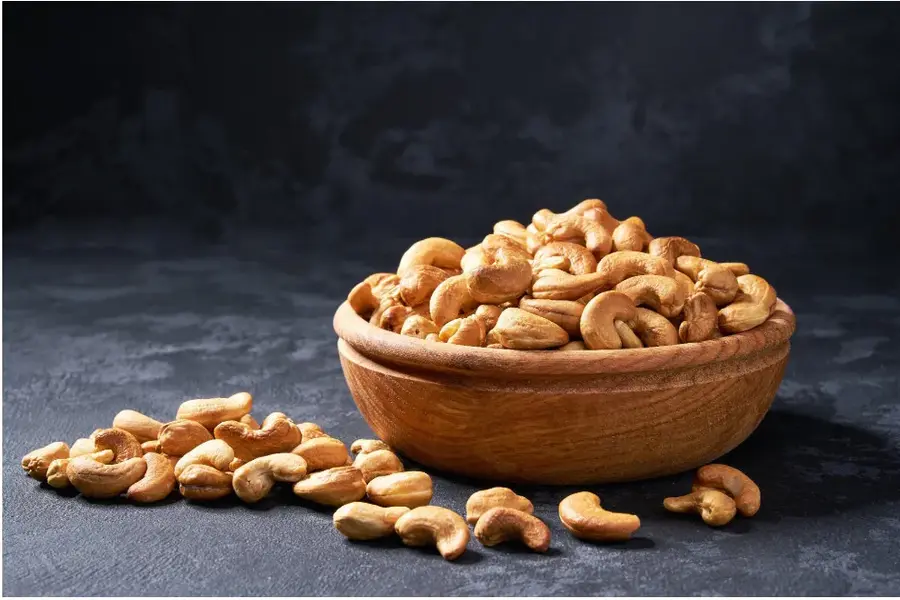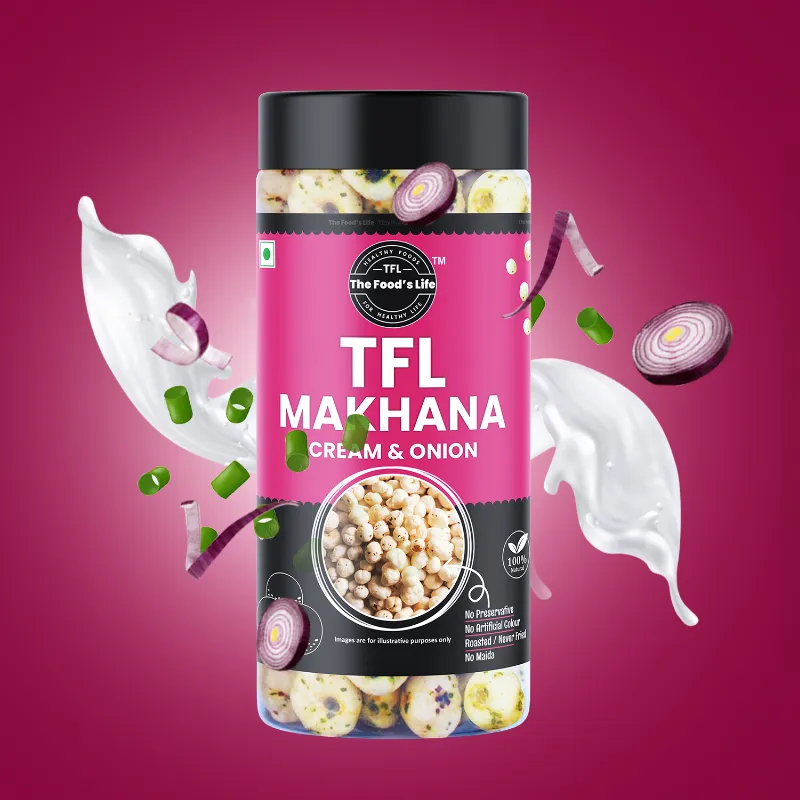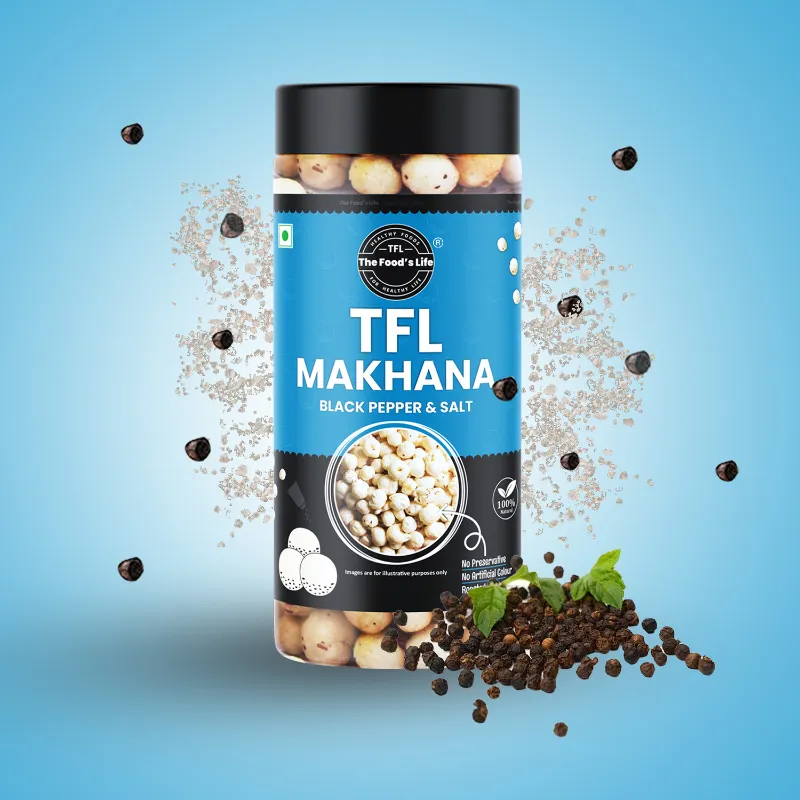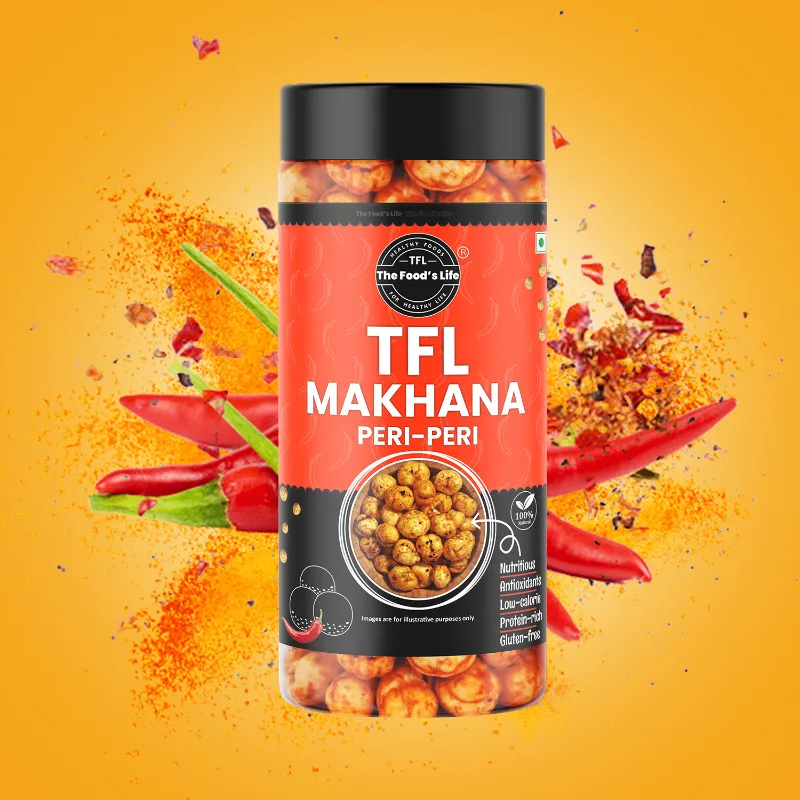Cashews are more than just a delicious snack; they have a rich and fascinating history that spans centuries and continents. Originating in South America, the cashew has traveled through trade routes and cultural exchanges to become a beloved nut enjoyed worldwide. In this blog, we’ll explore the intriguing journey of cashews, their significance in various cultures, and how TFL incorporates these nutritious nuts into its product offerings. The story of the cashew begins in the tropical forests of Brazil, where the cashew tree (Anacardium occidentale) thrives. Indigenous people of Brazil were the first to cultivate this tree, utilizing its nuts and the cashew apple, a fleshy fruit that grows above the nut. Historically, cashews were used not only for food but also for medicinal purposes, believed to have healing properties. In the 16th century, Portuguese explorers encountered the cashew tree during their voyages to Brazil. Recognizing its potential, they began to export the tree and its products to other parts of the world, particularly India and Africa. The tree adapted well to the tropical climates of these regions, and soon, local farmers began cultivating cashews as a cash crop. By the 17th century, cashews were being grown extensively in India, where they became integrated into local cuisines and cultures. Today, India is one of the largest producers of cashews globally, renowned for its processing and export of cashew nuts. Cashews have held cultural significance in various societies. In Brazil, the cashew apple is used to make a popular alcoholic beverage known as "cachaça." In India, cashews are a key ingredient in traditional dishes like korma and are often used in sweets during festivals. Their rich, buttery flavor and crunchy texture make them a favorite addition to both savory and sweet recipes. With the rise of globalization and increased demand for healthy snacks, the cashew industry has expanded significantly. Today, cashews are not only enjoyed as a standalone snack but also featured in various products, including nut butters, dairy alternatives, and health foods. The nut is celebrated for its nutritional profile, being rich in healthy fats, protein, vitamins, and minerals. At TFL, we take pride in offering high-quality cashews that reflect their rich heritage. Our cashews are available in various flavors and styles, catering to diverse tastes. Whether you prefer them roasted, salted, or spiced, our cashew products deliver the perfect combination of flavor and nutrition. Cashews are not just a tasty treat; they are also a powerhouse of health benefits, including heart-healthy fats, antioxidants, and essential nutrients. Incorporating TFL cashews into your diet can enhance your snacking experience while providing you with a guilt-free indulgence. The history of cashews is a captivating tale of exploration, cultural exchange, and agricultural innovation. From their origins in Brazil to their global popularity today, cashews have become an integral part of culinary traditions around the world. As you enjoy cashews from TFL, remember their remarkable journey from tree to table. By choosing high-quality cashew products, you are not only treating yourself to a delicious snack but also celebrating the rich history and cultural significance of this beloved nut. Whether enjoyed on their own or as part of your favorite recipes, cashews continue to delight taste buds and nourish bodies everywhere.The Origins of the Cashew
Journey to India and Africa
Cultural Significance
The Modern Cashew Industry
TFL's Cashew Offerings
Conclusion
FREE DELIVERY ON ORDERS ABOVE ₹500/-
FREE DELIVERY ON ORDERS ABOVE ₹500/-
FREE DELIVERY ON ORDERS ABOVE ₹500/-
FREE DELIVERY ON ORDERS ABOVE ₹500/-
FREE DELIVERY ON ORDERS ABOVE ₹500/-
FREE DELIVERY ON ORDERS ABOVE ₹500/-
FREE DELIVERY ON ORDERS ABOVE ₹500/-
FREE DELIVERY ON ORDERS ABOVE ₹500/-
FREE DELIVERY ON ORDERS ABOVE ₹500/-
FREE DELIVERY ON ORDERS ABOVE ₹500/-

Recommended Products





